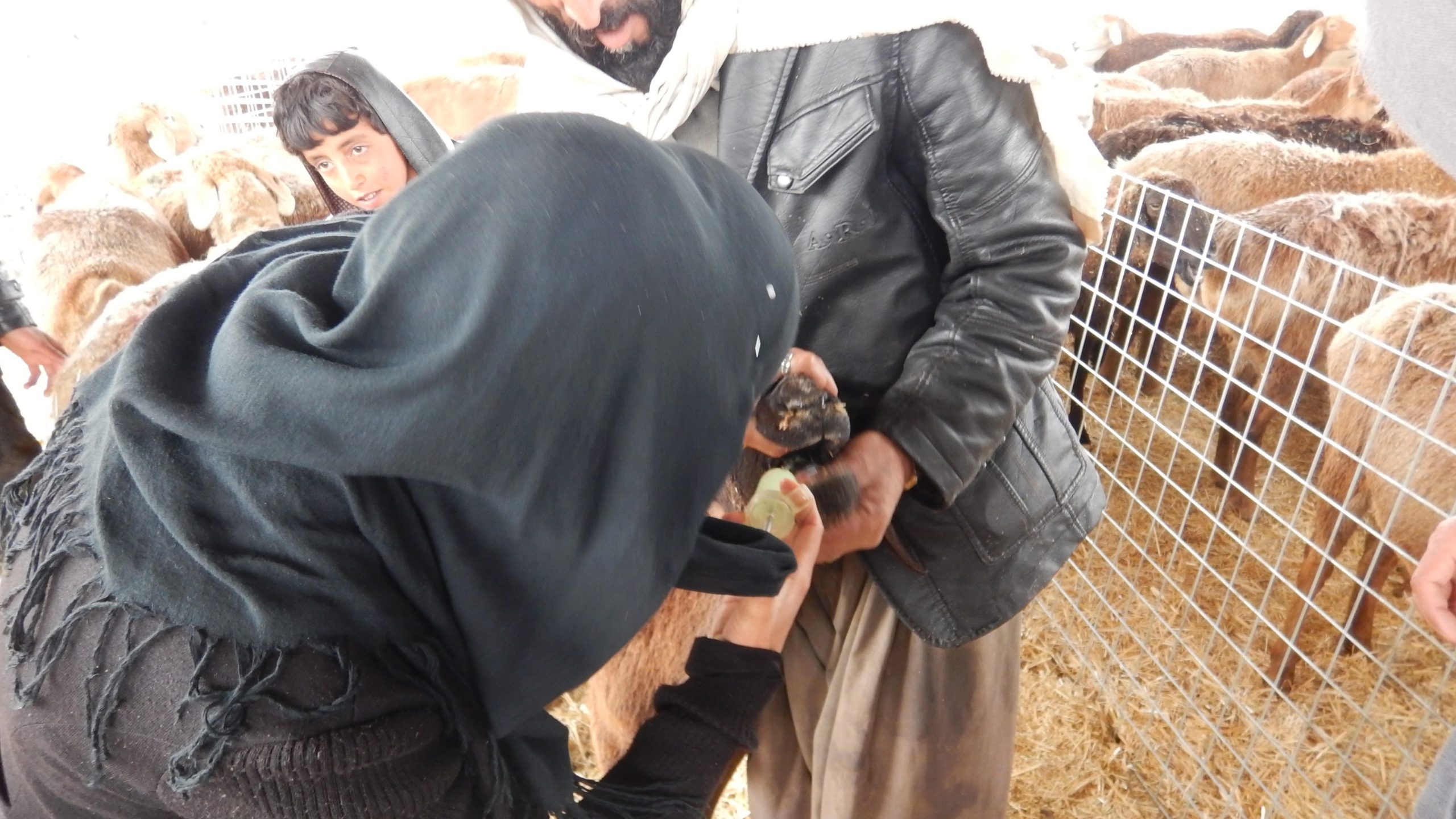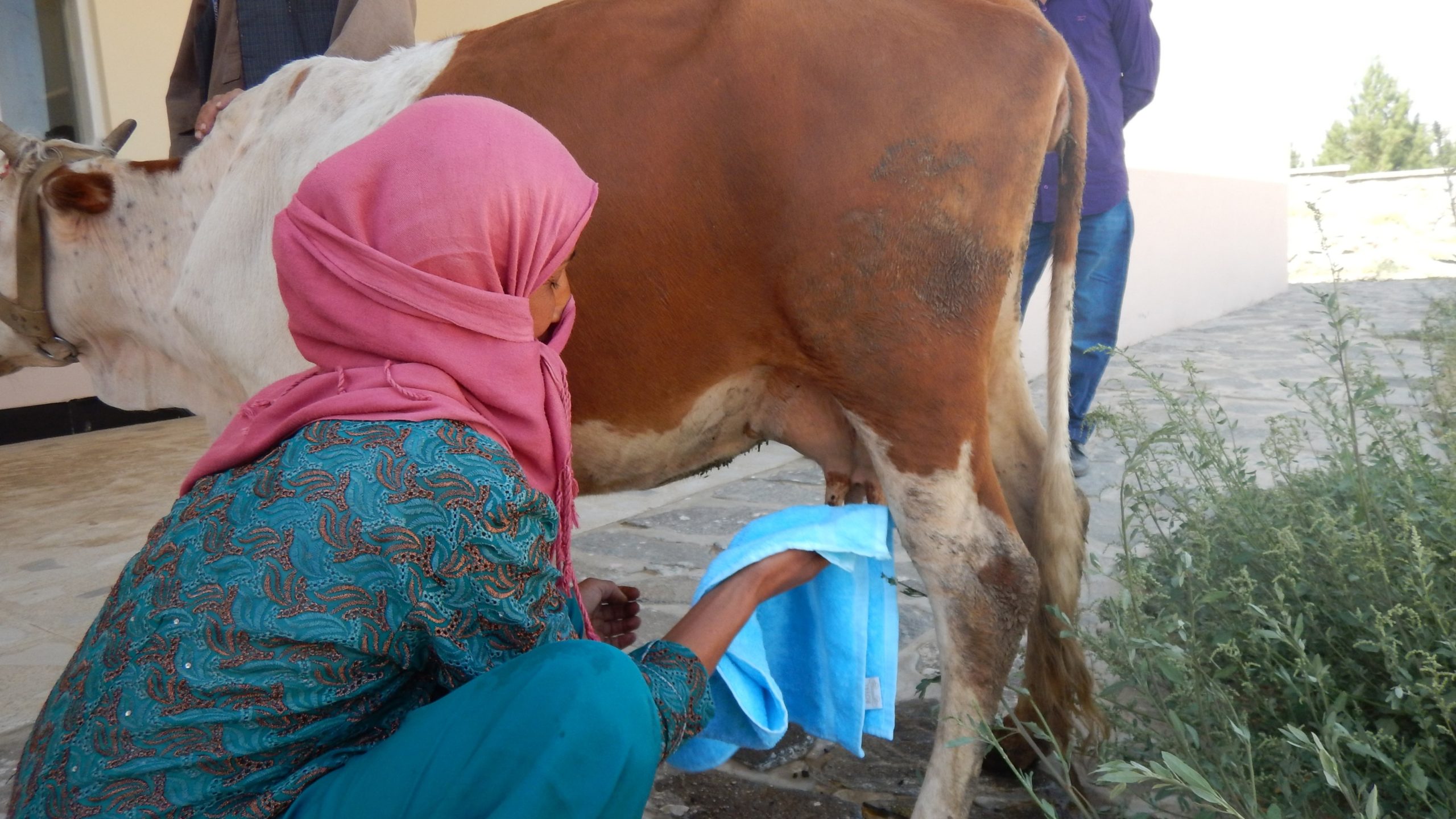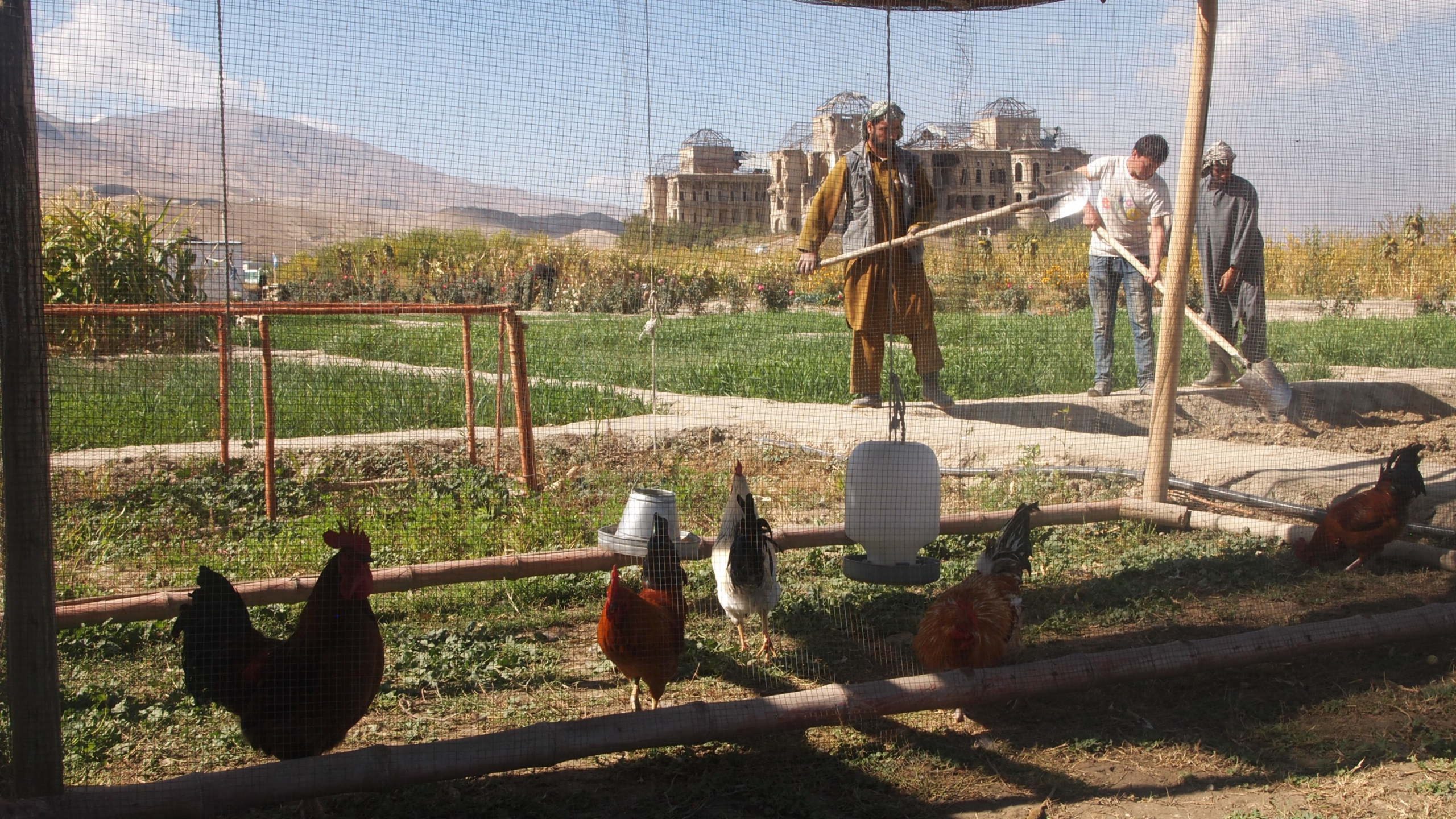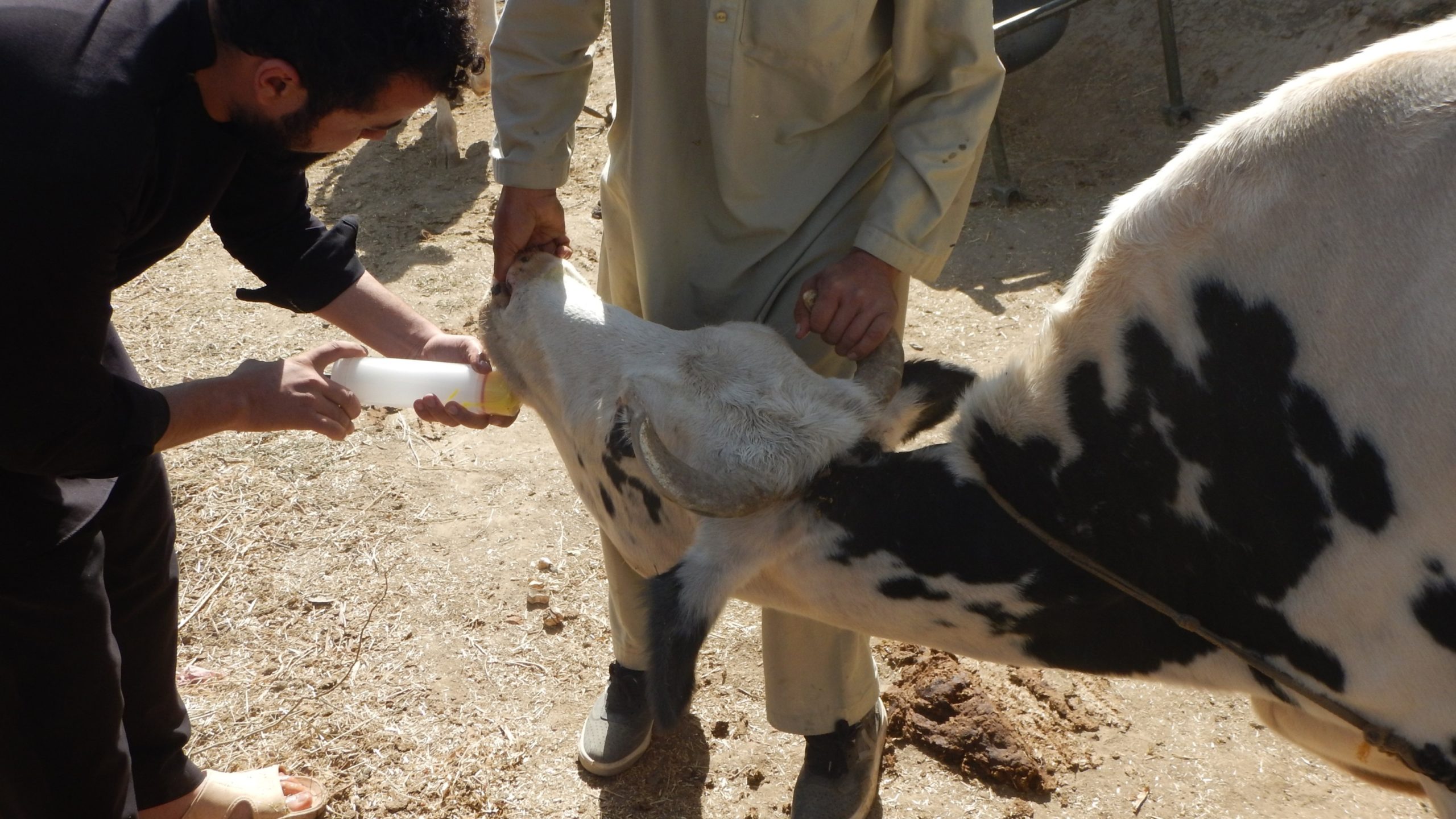About the Project
The AAEP II Program was funded by USAID and lead by the University of California, Davis, of which the Borlaug Institute was a subawardee. Protracted conflicts in Afghanistan over the last 30 years have decimated the country’s critical research and extension assets and fostered an exodus of agricultural research and extension professionals, resulting in poor growth of agricultural productivity. To address this problem, the Ministry of Agriculture, Irrigation and Livestock (MAIL) has recruited extension staff to increase agricultural production for improved food security and inclusive economic growth. The project centered on building the capacity of Afghanistan’s public extension system in cooperation with MAIL to increase household income, nutrition, and women’s access to extension services. The project created provincial training centers called Provincial Model Teaching Farms (PMTF) and trained public sector extension agents to extend the knowledge gained through applied research and applied training to local farmers. The Borlaug Institute contributed in a Short Term Technical Assistance (STTA) capacity.
Project Objectives:
- Conduct assessment and priority workshops to generate and assess farmer demand for extension services
- Improve rural household food security and income generation
- Improve nutritional status of farm households
- Improve services for women working in the agricultural sector
Project Achievements
- Created a nationally based livestock training and research center in Parwan province
- Designed and built a sheep dipping pool facility to assist farmers in cleaning the wool and treating external parasites of sheep and goats
- Research support in conducting nutritional trial for broiler production
- Provided link between university research and extension farmer education
- Introduction of new forage species as feed and fodder for livestock farmers
- Introduction of International webinars in extension education in Afghanistan
- Successfully initiated specifically designed programs for women to improve women’s home based nutritional capacity.










